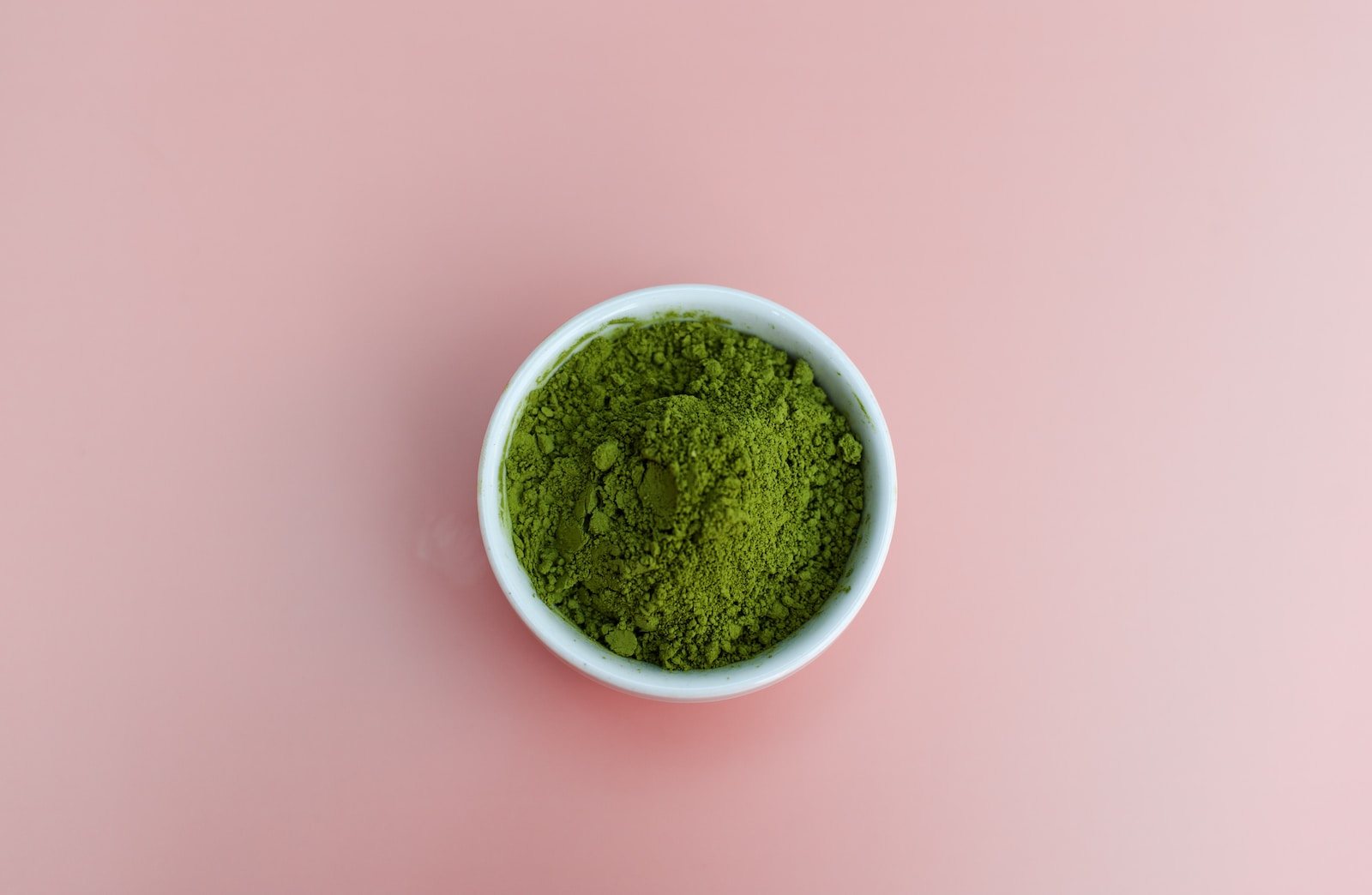
In today’s fast-paced world, staying healthy has become a priority for many adults in the United States. The rise of dietary supplements, especially green powder drinks, promises a convenient solution to achieve optimal health. However, beneath the allure of quick fixes lies a complex reality. Let’s delve into the history of supplements, the wellness culture, and the truth about green powder drinks.
The Discovery of Vitamins
A century ago, vitamins were a novel concept, discovered by a remarkable biochemist named Casimir Funk. He theorized that specific dietary components, known as vitamins, could prevent deficiency diseases like scurvy. This discovery paved the way for an explosion of research in the field of nutrition.
From Scarcity to Abundance
In the early 20th century, nutrition was vital as the US faced a weakened population due to malnutrition from the Great Depression and World War II. However, the modern problem is not scarcity but food waste. Surprisingly, despite abundant food, many Americans resort to daily supplements, leading the industry to boom.
The Resurgence of Wellness Culture
Wellness culture, dating back to the late 1800s, aimed to address the harmful effects of industrialization on both body and mind. It emphasized holistic health, encouraging practices like shunning processed foods and embracing nature. Today, the concept has made a comeback, with a focus on self-discipline and convenience.
Enter the Green Powder Drinks
Powdered greens, like Athletic Greens and other supplements, promise an all-in-one solution for health-conscious individuals. These products claim to contain an impressive array of vitamins and nutrients that can boost overall well-being. The question is, are they really as effective as they claim to be?
The Dilemma with Supplements
While supplements may help people with specific health needs, they fall short of the holistic approach promoted by true wellness culture. Drinking green powder might provide some vitamins, but it lacks the complexity and benefits of whole foods. Many supplements are unregulated, and their health claims often lack scientific evidence.
The Dark Side of Wellness Culture
The desire for easy solutions has fueled the wellness industry’s growth, leading to a surge in scams and false claims. Low-quality supplements are just one aspect of this problem. True health requires effort, including a balanced diet, outdoor activities, and nurturing relationships.
The Real Path to Health
Rather than relying solely on supplements, it is essential to prioritize genuine connections with food and loved ones. Taking time for meal planning and cooking can yield greater health benefits than any powder or pill. The work may seem challenging, but it’s worth the effort.
Conclusion
The allure of green powder drinks and supplements is understandable in our busy lives. However, the truth is that no product can replace the benefits of a well-rounded, whole-food-based diet and a holistic approach to health. By embracing real connections with food and loved ones, we can truly achieve optimal well-being and a healthier future for ourselves.
Key Takeaways
- Green powder drinks and dietary supplements are on the rise, but they may not live up to their health claims.
- True wellness involves a holistic approach, including a balanced diet, outdoor activities, and meaningful relationships.
- Supplements lack the complexity and benefits of whole foods and may not be regulated or supported by scientific evidence.
- Prioritizing real connections with food and loved ones is the key to achieving genuine health and well-being.

Leave a Reply
You must be logged in to post a comment.